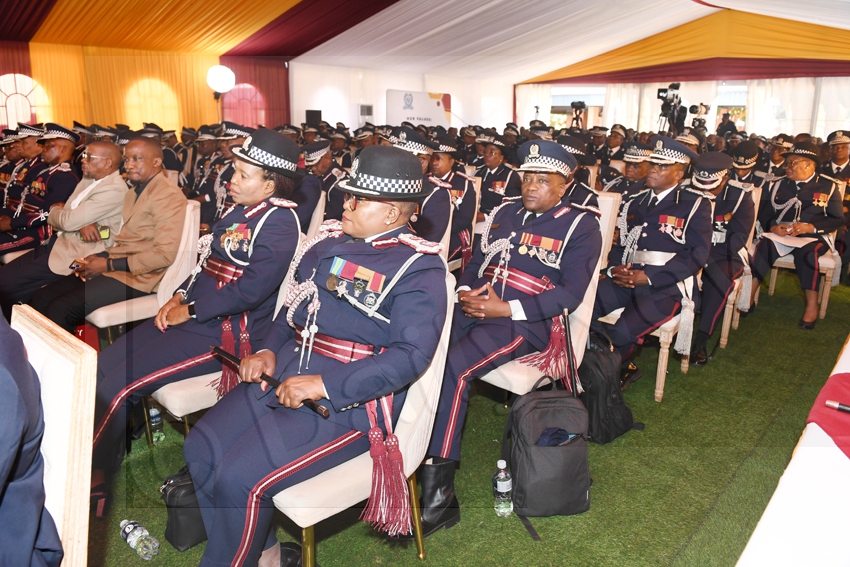Dept pleads for marketing of Musi
27 Jul 2015
The Department of Agricultural Research (DAR) at Kang in the Kgalagadi District has appealed to farmers to help market the locally-produced Musi breed.
In an interview, the department’s official, Mr Seboko Molatlhegi said farmers could promote the breed by rearing it.
“We are actively seeking farmers that can take up the breed with the hope of multiplying it in the long run. In attempting to do that, we regularly market the availability of this high performing breed in both print and electronic media,” he said.
On what was required for one to have the breed, Mr Molatlhegi said a fenced farm adding that potential Musi breeders were provided with technical assistance by the department.
“We have made some alterations and introduced fenced farms as a requirement. Farmers who breed Musi are provided with technical guidance by our experts.
They are also provided with a scale to constantly monitor the weight of the cow and its weaners,” he said.
He said their aim was to preserve indigenous breed that were susceptible to existence as farmers were more obsessed with exotic livestock breeds.
“When Musi was introduced, our main aim was to improve the Tswana breed and ultimately preserve its identity and existence. The reason why we are indulging in a rigorous marketing exercise is that we have realised that foreign produced cows are a main threat to local breeds,” he said.
He said Musi, which was composite cattle made up of Tswana, Bonsmara, Brahman, Tuli and Simmental had already surpassed expectations as it produced quality meat, although not resistant to climatic conditions in the same level as the Tswana.
He said the cow was much improved as compared to the Tswana because its hind legs were thin, a characteristic that aid movement.
“The cow’s reddish-brown colour is an advantage as it helps mitigate excessive heat that is common is in Botswana during summer.”
Despite been introduced a couple years ago, Mr Molatlhegi said the breed was not yet common, but admitted that the few farmers who used the breed had embraced it.
He said Musi project was based at Musi farms at Good Hope and was powered by Dr Lobisa Setshwaelo. Ends
Source : BOPA
Author : Tebogo Kgathileng
Location : Hukuntsi
Event : Interview
Date : 27 Jul 2015







